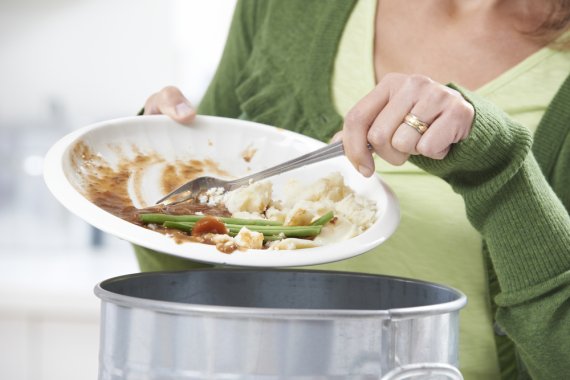A huge amount of food is wasted, mostly by consumers in the home. ‘That is food that has already been grown, transported, cooled and stored. All for nothing if it is chucked in the rubbish bin,’ says Van Herpen, associate professor of Marketing and Consumer Behaviour.
In the new project ‘Food Waste: from Excess to Enough’, Van Herpen and her group will be looking for a new system that minimizes waste. While most waste takes place in the home, Van Herpen stresses that this does not necessarily mean that is where we should look for the solution. ‘Other factors play a role too. Take the manufacturers that produce packs with portions that are too big for a one-person household. We are considering all the actors in the food supply chain.’
One possible scenario is having milk reordered automatically whenever it runs out
Over the next few years, the researchers will be investigating different scenarios for the food system of the future. The focus will be on consumers (the demand side) and the retail trade (the supply side). Consumers because households waste most food and the retail sector because it is a key player in the supply chain.
Van Herpen: ‘You could think of a future in which supermarkets sell complete meals rather than ingredients. Or a scenario in which milk is reordered for you automatically whenever you are on the point of running out. The ultimate goal is to find the scenarioone that everyone supports and that we could put into practice.’

 Photo: Shutterstock
Photo: Shutterstock